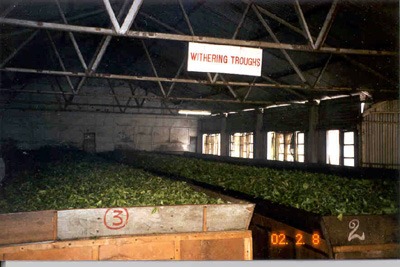About Tea
It is widely believed that tea was discovered in China, though it is also native to India and other tropical countries. Tealeaves are known by many names in many countries including Cha, Tcha, Chai, Te, and Tay etc. The English name "Tea" was probably derived from "Te" as used in one of the Chinese dialects.
Along with coffee and cocoa, tea is among very few sources of natural caffeine. It is an evergreen plant of the Camellia family. Three of the widely recognized varieties are from China, Assam and Cambodia. Tea never gained the status of a national drink in USA mainly due to the Boston Tea Party. However, with specialty teas becoming increasingly popular, the market is expected to grow at a brisk pace. "The U.S. tea industry had sales of under 1 billion in the 1980s, topped 4 billion in the mid-1990s and is postured for a record decade" (quotes Fresh Cup magazine December 2002). Unlike coffee, where most producing countries export the majority of their production, many tea-producing countries consume tea extensively.
 Tealeaves are withered on benches with circulating air. Leaves dry and become supple.
Tealeaves are withered on benches with circulating air. Leaves dry and become supple. Fermented leaves go thru the process after oven drying to stop fermentation at a desired stage.
Fermented leaves go thru the process after oven drying to stop fermentation at a desired stage. Leaves are cut torn and curled (CTC)
Leaves are cut torn and curled (CTC)

